Get Support
+91 9123517774
Introduction to Strategic IT Planning
Strategic IT planning involves the formulation of IT strategies and roadmaps aligned with an organization's overall business objectives. It ensures that IT initiatives support the company's growth and competitiveness. In the aerospace industry, strategic IT planning plays a pivotal role in optimizing operations, enhancing safety, and fostering innovation.
Understanding Aerospace Industry Challenges
The aerospace industry faces challenges related to stringent safety regulations, complex supply chains, rapid technological advancements, and the need for cost-effective solutions. IT consultants need a deep understanding of these challenges to tailor solutions that address specific pain points within aerospace companies.
Importance of Strategic Planning in IT Consultancy
Strategic planning guides IT consultants in developing comprehensive solutions that align with the long-term goals of aerospace firms. It ensures that IT initiatives are not just reactive but proactive in addressing industry challenges.
Frameworks and Methodologies in Strategic IT Planning
Popular frameworks like ITIL (Information Technology Infrastructure Library), TOGAF (The Open Group Architecture Framework), and COBIT (Control Objectives for Information and Related Technologies) provide structured approaches for strategic IT planning. Adopting these methodologies enables IT consultants to create robust strategies and implement solutions effectively.
Case Studies Demonstrating Effective Strategic IT Planning
Case Study 1: Implementation of a predictive maintenance system in an aerospace company resulted in a 30% reduction in maintenance costs and minimized downtime.
Case Study 2: Strategic IT planning led to the successful integration of cloud-based solutions, improving data accessibility and collaboration among aerospace teams.
Future Trends and Industry Insights
Emerging trends in the aerospace industry, such as the adoption of AI for predictive analytics and the utilization of IoT (Internet of Things) for real-time monitoring, indicate the direction of future IT strategies.
Addressing Compliance and Security
Regulatory compliance, especially in aerospace, requires stringent security measures. IT consultants need to develop solutions adhering to standards like FAA (Federal Aviation Administration) regulations and ISO/IEC 27001 for information security management.
Strategic Roadmap Development
Creating a strategic roadmap involves defining objectives, assessing current IT infrastructure, identifying gaps, prioritizing initiatives, and outlining a phased implementation plan. It serves as a guide for IT initiatives aligned with business goals.
Tailoring IT Solutions for Aerospace
Customizing IT solutions involves understanding aerospace-specific requirements, such as reliability, data security, and scalability. IT consultants employ tailored approaches to ensure solutions meet industry-specific needs.
Conclusion and Recommendations
Strategic IT planning is imperative for IT consultants in the aerospace industry to navigate challenges, seize opportunities, and drive innovation. Recommendations include ongoing industry research, staying updated on technological advancements, and fostering collaborations for impactful solutions.


